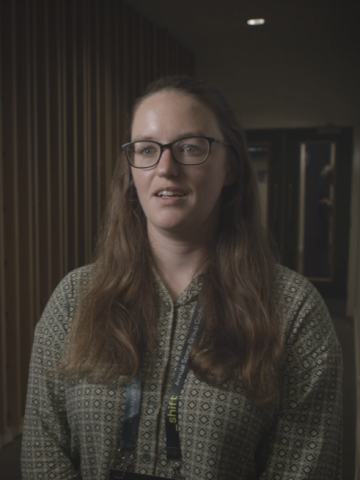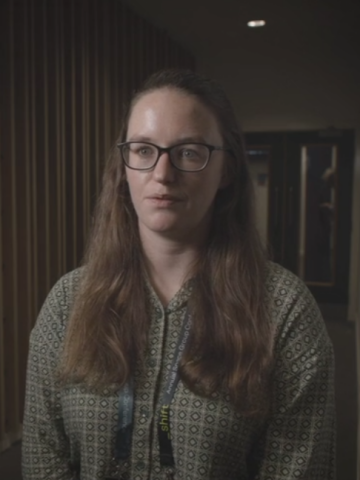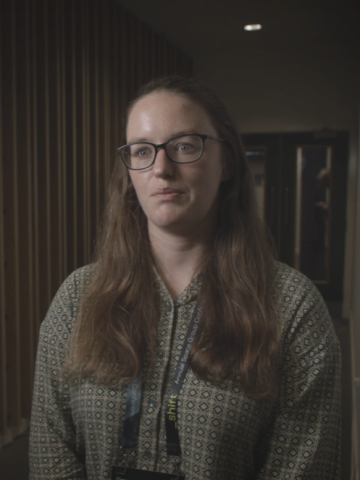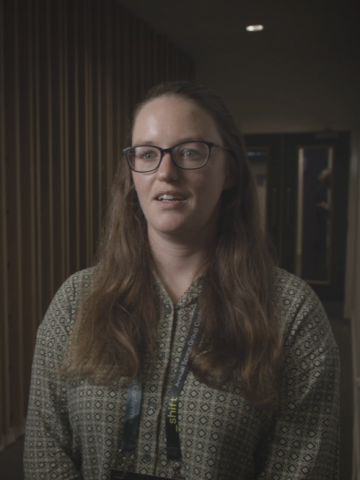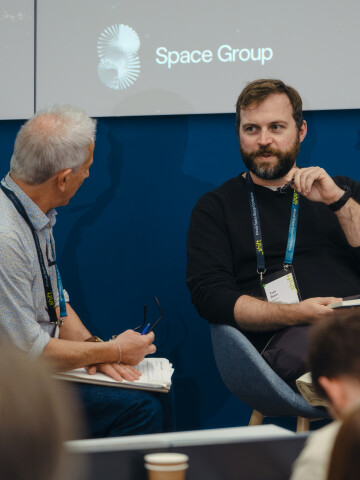Catherine Sinclair
Head of Research at SPACE Architects
Architect, Passivhaus Designer, and Head of Research at SPACE Architects, Catherine Sinclair leads the practice’s pioneering work in whole-life carbon reduction. Her research and leadership are helping redefine how architects approach design in the context of the climate emergency, bridging academic rigour with practical application in the studio.
Over the past two years, Catherine has led an Innovate UK-funded Knowledge Transfer Partnership between SPACE Architects and Northumbria University, which has culminated in the creation of D-CARB; an open-access tool designed to help architects and designers calculate and cut whole-life carbon from the earliest stages of a project. The tool integrates embodied and operational carbon data to provide a complete picture of a building’s environmental impact, giving design teams the insight needed to make informed, low-carbon decisions from the very beginning.
Catherine’s work sits at the intersection of research and practice. Her role ensures that innovation and sustainability are embedded within every stage of SPACE’s design process. She continues to share her findings widely, from contributing to international research conferences such as EC3 in Crete to delivering lectures at and leading discussions at industry events across the UK.
The final panel of _shift 2023 was chaired by Chris Hines and featured two young founders of analytics-driven companies, and Catherine Sinclair, Specialist Net Zero Architect of SPACE Architects.
During _shift 2024, Catherine Sinclair delivered a compelling talk on reducing whole-life carbon through early-stage design decisions. Her research and practical insights offered architects and built environment professionals a clear path toward aligning their practices with net-zero goals.
At this year’s _shift 2025 conference, Catherine formally launched D-CARB, marking a milestone moment for SPACE Architects and the wider industry. The tool represents years of collaborative research and a commitment to making decarbonisation in architecture more transparent, measurable, and achievable.
Catherine's Videos
"We need to make sure that technological advancements are available to all. We must ensure there is the necessary training available for accessible software so that it can be implemented and adopted company-wide"
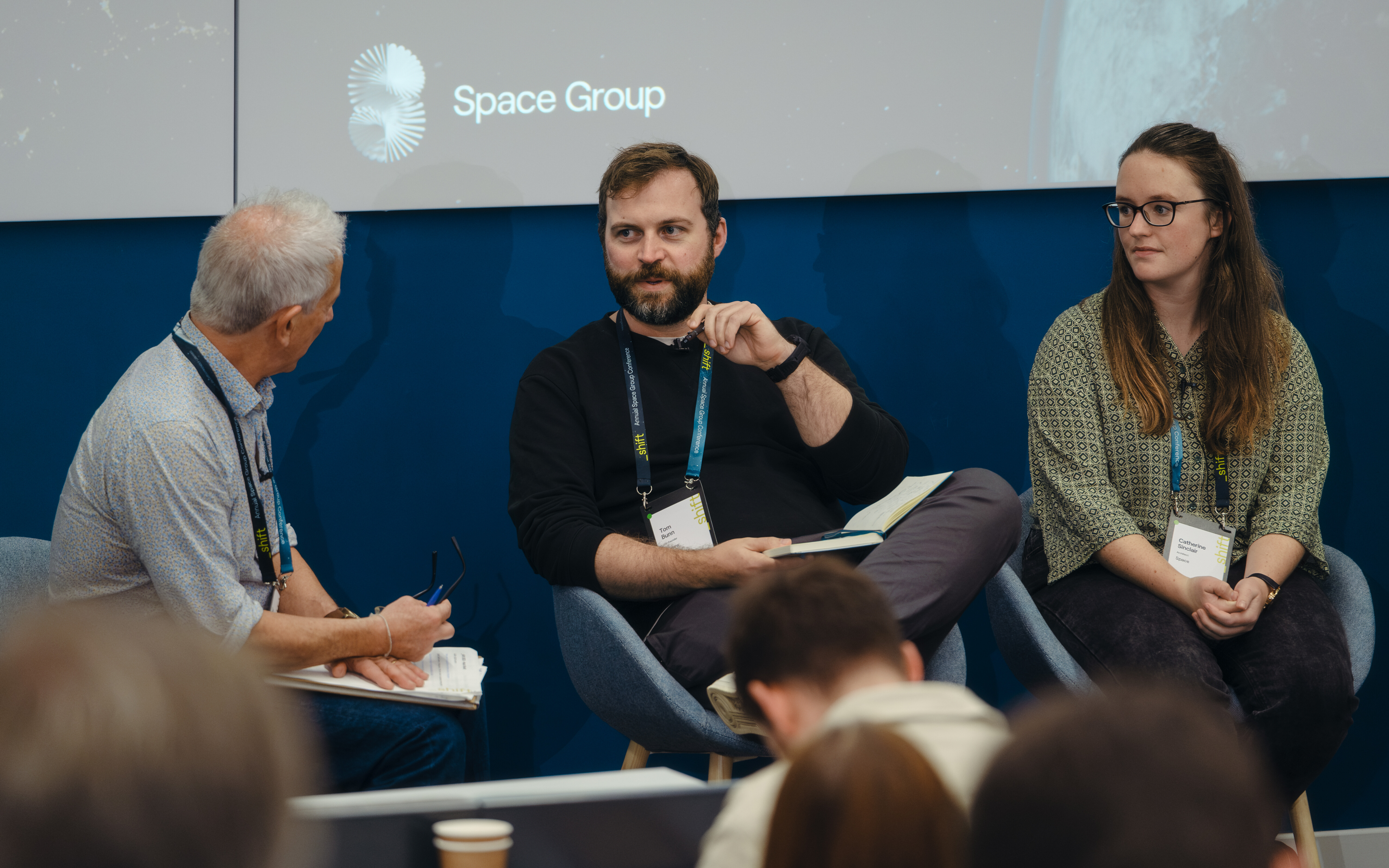
Catherine's current work involves publishing a paper on the incorporation of post-consumer Polyethylene terephthalate (PET) mesh into concrete bricks, which enhances their tensile strength. Through her research, Catherine discovered that incorporating post-consumer PET is an efficient method to minimize the environmental impact of concrete, while also providing a new purpose for plastic waste. She is currently participating in a Knowledge Transfer Partnership (KTP) between Space Architects and Northumbria University. The objective of the KTP is to create the Space Digital Carbon Model, which will integrate embodied and operational carbon in a single analysis approach. The project aims to gather low-carbon design data and information, creating digital tools that facilitate the consideration and implementation of carbon reduction at the initial stage of design. The completion of the KTP will provide a verified framework for the development of Space Architects' net-zero buildings through the Space Digital Carbon Model. Catherine's work on carbon research is a unique area of specialism in architectural practice, which she hopes to embed into all projects as part of the design process.











